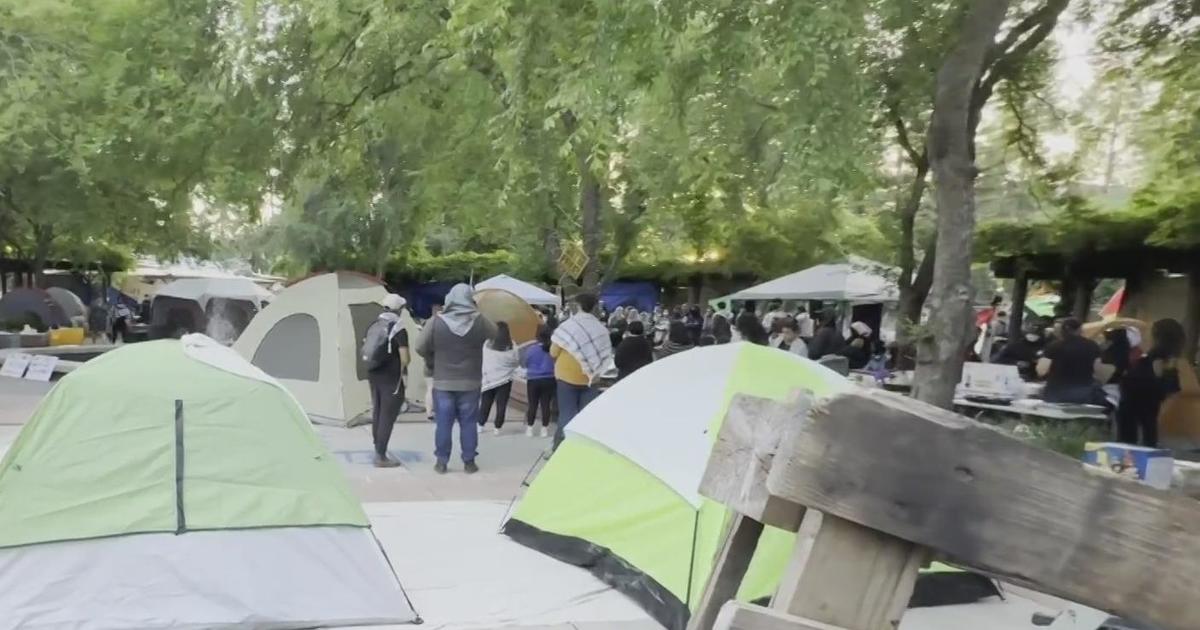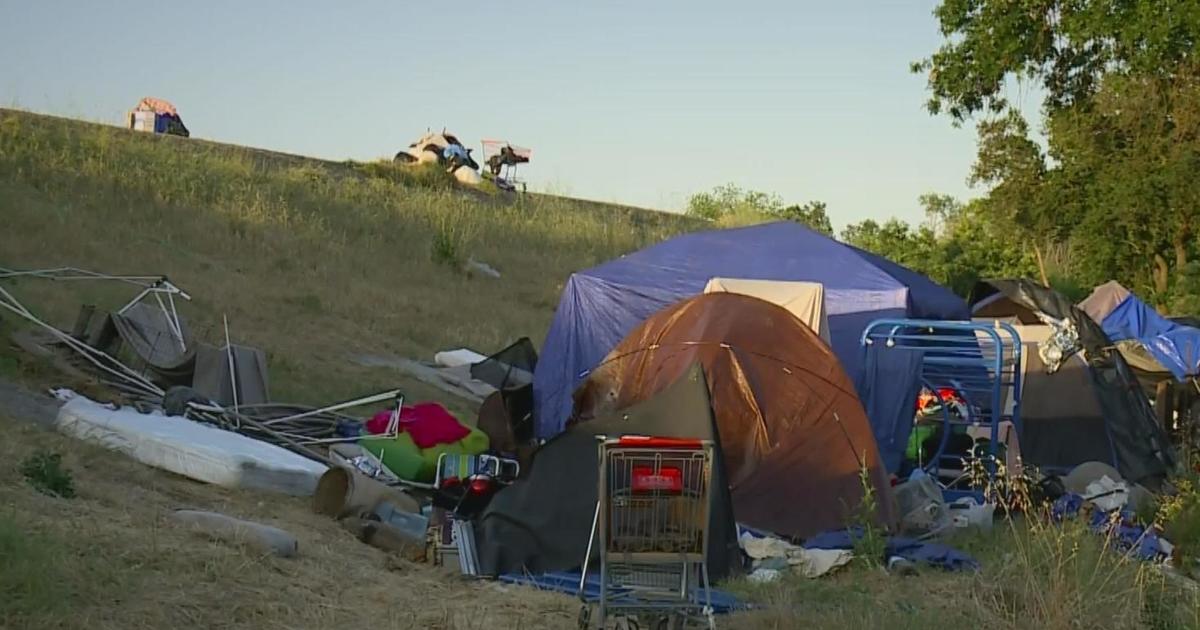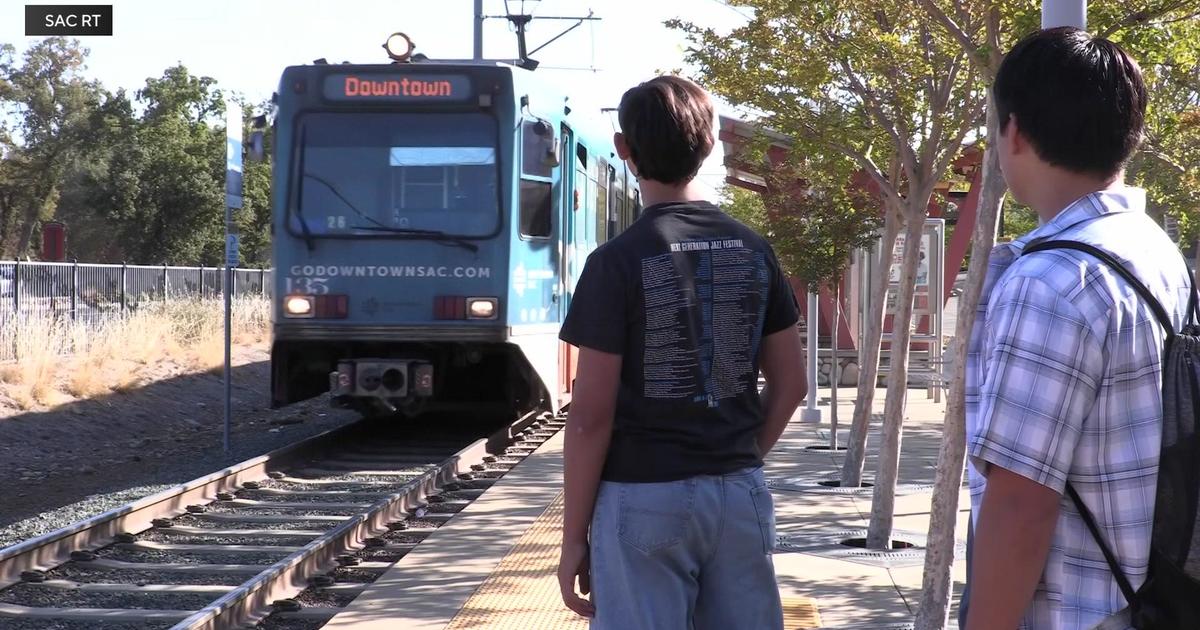Gov. Brown Confronts Political Setbacks
SACRAMENTO, Calif. (AP) - California Gov. Jerry Brown has grown accustomed to reveling in political victories since his return to the state capital in 2011, his national luster restored by shoring up the state's finances and the spotlight on his agenda to cut carbon emissions.
But the Democratic governor faced his biggest loss in recent memory this week as he and the Senate leader were forced to abandon a key provision of their climate change package - aiming to cut the state's oil use in half within 15 years - and he failed to gain traction on a promised transportation infrastructure plan.
Brown and Senate President Pro Tem Kevin de Leon, D-Los Angeles, blamed a multibillion-dollar advertising campaign by oil companies for their retreat on SB 350, landmark climate change legislation. An angry Brown pledged not to give up.
"The only thing different is my zeal has been intensified to a maximum degree, and nothing, nothing is going to stop this state from pushing forward" on aggressive climate change standards, he said.
While he positioned the loss as a short-term setback, the scaled-back legislation, which lawmakers approved Friday, still calls for increasing renewable electricity use by 50 percent and doubling energy efficiency in existing buildings.
But Brown laid out his far-reaching climate proposal back in January, along with a call for lawmakers to come up with a solution for a $59 billion backlog of work needed on the state's roads, bridges and highways. Lawmakers were leaving Saturday without fully accomplishing either and without a deal on a special session Brown called to address health care financing.
The losses left some questioning whether the governor spent enough time this year engaging with the lawmakers he needed to execute his grand vision.
"Over the last few years, Brown may have gotten lulled into a false sense of security. A bill that's as sweeping as this one requires a lot of coddling and a lot of hand holding; you can't convince legislators to make a change of this scope in a week or two," said Dan Schnur, director of the University of Southern California Unruh Institute of Politics.
The climate change legislation faltered amid a campaign targeting moderate Democrats in the state Assembly, many of them representing less wealthy districts. Ads funded by the oil industry claimed that the legislation would lead to gas rationing and force people to give up driving SUVs.
Amid that backdrop, environmental groups praised Brown's zeal.
"I don't think you can blame the governor. In fact, if anything, the governor has been stellar as a leader on climate change, and he was very courageous to come out with his 50 percent goal in the first place," said Adrienne Alvord, California and western states director of the Union of Concerned Scientists. "He knows how powerful the oil industry is, and he took them on anyway."
Brown also played coy on transportation funding. With the clock ticking, Brown refused to say at an Aug. 19 press conference where he stood on any of several potential tax increases, cryptically saying he prefers to be "a brooding omnipresence" instead.
A week before the legislative deadline, Brown's administration floated a one-page transportation proposal calling for a $65 annual driver fee and increases in gas and diesel taxes. The proposal immediately failed to gain traction with GOP lawmakers whose support was needed.
That effort was always expected to be a tough lift, but Brown's seemingly flippant comments appeared to frustrate legislative Democrats who spent much of the year holding hearings and weighing detailed transportation legislation.
"You know, you can't really review a multibillion-dollar proposal in three days, so that's probably one thing I'd say," said Sen. Jim Beall, D-San Jose, chairman of the Senate Transportation Committee, who had been trying to craft a compromise acceptable to Republicans.
Beall said this week that he remained optimistic that a new committee to be formed on transportation could reach a deal.
This week's win by oil companies in stripping the climate bill also showed the might of a new crop of moderate Democrats who withheld their votes to pressure de Leon and the governor to give the Legislature greater power over the unelected California Air Resources Board. It has overseen implementation of the state's 2006 landmark greenhouse gas emissions law, AB 32, often to the frustration of business interests.
Brown refused. But he and Assembly Speaker Toni Atkins, D-San Diego, appeared caught off guard by the caucus' resistance.
"There's no one in the Assembly that was around in 2006 when AB 32 passed. And so being engaged is always a good idea. So, lessons learned on that," said Sen. Fran Pavley, D-Agoura Hills, the author of the original climate change bill and legislation this year to speed up emissions targets in that law. She abandoned those efforts this week.
A clearly frustrated Brown promised to use the air board's power even more aggressively after the loss on oil legislation.
Still, after a landmark year in which he met with Pope Francis at the Vatican to talk climate change, the 77-year-old governor had hoped to head to the United Nations Climate Summit in Paris this November with bragging rights to the most aggressive emissions standards in North America.
Instead, he'll share the story of how powerful interests can overcome even the greatest political zeal.
___
Associated Press writer Don Thompson contributed to this report.
Copyright 2015 The Associated Press.



